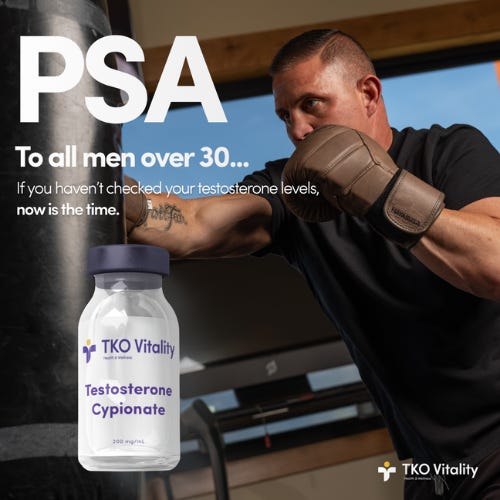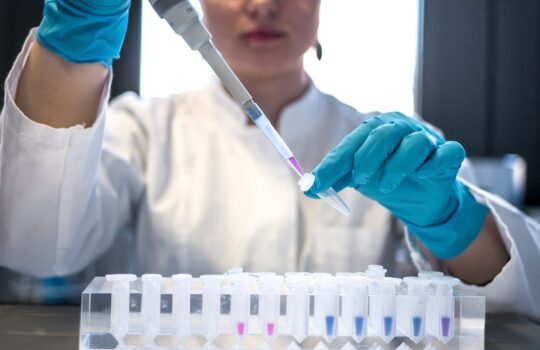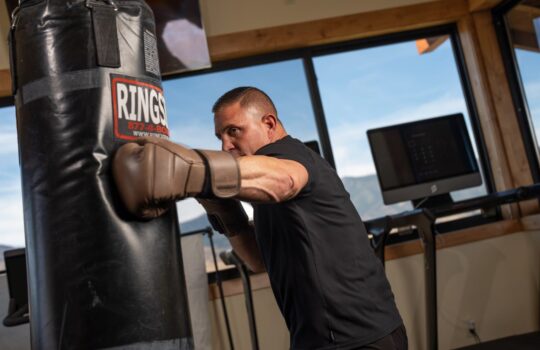Natural Ways to Boost Testosterone (That Actually Work)

Low energy, reduced muscle mass, or a lagging libido can drain your vitality, but naturally boosting testosterone offers a proven path to reclaim your strength and vigor. At TKO Vitality, we empower men with science-backed strategies, combining nutrition, lifestyle, and innovative therapies to optimize performance and health. Elevating testosterone naturally enhances energy, supports muscle growth, and sharpens mental focus, helping you thrive.
This year, take charge of your hormones with TKO Vitality’s personalized coaching programs, tailored to your unique goals. Book a consultation today at TKOVitality.co/schedule.
Why Testosterone Matters
Testosterone, the primary male hormone, drives muscle growth, fat metabolism, mood regulation, and sexual health. Low levels, affecting up to 40% of men over 40 per a 2023 study in The Journal of Clinical Endocrinology & Metabolism, can lead to fatigue, weight gain, and reduced drive. Natural methods to boost testosterone can restore balance without the risks of synthetic treatments, improving quality of life and longevity.
At TKO Vitality, we integrate evidence-based nutrition, exercise, and hormone optimization to help you achieve peak performance.
Boosting Testosterone Naturally: A Step-by-Step Guide
Elevating testosterone requires a holistic approach, focusing on diet, exercise, sleep, and stress management. Here’s a clear guide with TKO Vitality’s expertise to get you started.
Step 1: Optimize Your Diet for Hormone Health
Nutrition is the foundation of testosterone production, with specific nutrients supporting hormonal pathways.
- Function: Diets rich in healthy fats and proteins fuel testosterone synthesis. A 2023 study in Endocrinology found that diets with 30–35% fat intake boost testosterone by 10–15% in men.
- Sources: Prioritize healthy fats (avocados, nuts, olive oil, fatty fish), lean proteins (eggs, chicken, beef), and zinc-rich foods (oysters, pumpkin seeds). Limit processed carbs and sugars, which can suppress testosterone, per a 2024 study in Nutrients.
- Daily Needs: Aim for 20–35% of calories from fats, 1.6–2.2 g/kg body weight of protein, and complex carbs (sweet potatoes, quinoa) for 45–65% of calories, per the Dietary Guidelines for Americans (2020–2025).
Step 2: Prioritize Strength Training
Exercise, especially resistance training, is a powerful testosterone booster.
- Function: Heavy lifting stimulates testosterone release. A 2024 study in Sports Medicine showed that compound lifts (squats, deadlifts) increase testosterone by 20% post-workout.
- Approach: Train 3–5 times weekly, focusing on multi-joint exercises with 70–85% of your one-rep max. Include rest days to avoid overtraining, which can lower testosterone, per the Journal of Strength and Conditioning Research (2023).
- Tips: Work with a TKO Vitality coach to design a program tailored to your fitness level and goals.
Step 3: Improve Sleep Quality
Sleep is critical for testosterone production, with most synthesis occurring during deep sleep.
- Function: Poor sleep reduces testosterone by up to 15%, per a 2023 study in Sleep Medicine. Seven to nine hours of quality sleep nightly supports hormonal balance.
- Strategies: Maintain a consistent sleep schedule, limit blue light exposure before bed, and create a cool, dark sleep environment. Magnesium or ashwagandha supplements may aid sleep, per a 2024 Journal of Nutrition study.
- Monitoring: Use sleep trackers to ensure adequate REM and deep sleep cycles, with TKO Vitality’s guidance for optimization.
Step 4: Manage Stress Effectively
Chronic stress elevates cortisol, which suppresses testosterone production.
- Function: Lowering stress can increase testosterone by 10–12%, per a 2023 study in Psychoneuroendocrinology. Mindfulness and relaxation techniques reduce cortisol levels.
- Practices: Incorporate meditation, deep breathing, or yoga 10–20 minutes daily. Regular physical activity and social connections also mitigate stress, per the American Psychological Association (2024).
- Support: TKO Vitality’s coaching includes stress management plans to enhance hormonal health.
Step 5: Supplement Wisely (When Needed)
Targeted supplements can support testosterone when diet and lifestyle aren’t enough.
- Function: Vitamin D, zinc, and ashwagandha have been shown to boost testosterone. A 2024 study in Andrology found that 3,000 IU of vitamin D daily increased testosterone by 25% in deficient men.
- Options: Consider vitamin D (if levels are low), zinc (30 mg/day), or ashwagandha (600 mg/day). Avoid unproven “testosterone boosters” lacking clinical evidence, per the International Society of Sports Nutrition (2023).
- Guidance: TKO Vitality’s lab testing identifies deficiencies, ensuring safe, effective supplementation.
Key Benefits and Considerations of Natural Testosterone Boosting
Enhanced Performance
Optimized testosterone improves strength, endurance, and recovery, with a 2023 Sports Medicine study reporting 18% better athletic performance in men with higher levels.
Improved Mood and Libido
Higher testosterone enhances mood, confidence, and sexual health, per a 2024 Journal of Sexual Medicine study.
Sustainable Approach
Natural methods avoid the risks of hormone replacement therapy, such as heart disease, per a 2023 New England Journal of Medicine study.
Safety with Oversight
Excessive supplementation or overtraining can disrupt hormones, but TKO Vitality’s coaching ensures balanced, safe strategies.
Personalized Results
TKO Vitality’s 90% success rate in improving energy and vitality within 12 weeks reflects our tailored protocols.
What to Know Before Starting a Testosterone-Boosting Plan
Professional Guidance
Consult a specialist to assess hormone levels. TKO Vitality’s telemedicine platform provides precise, evidence-based plans.
Lifestyle Integration
Diet, exercise, and sleep work synergistically. TKO Vitality’s holistic coaching maximizes results.
Risks and Considerations
Unmonitored supplements or extreme diets can cause imbalances. TKO Vitality’s regular check-ins prevent issues.
Get Started with TKO Vitality
- At-home or local lab testing to assess testosterone and nutrient levels.
- Video consultations to customize nutrition, exercise, and wellness plans.
- Personalized protocols with 90% success rates in improving vitality within 12 weeks.
- Ongoing support for safe, effective hormone optimization.
Ready to Fuel Your Vitality?
If you are experiencing:
- Low energy, reduced muscle mass, or low libido.
- Difficulty optimizing performance or recovery.
- A desire for a stronger, healthier body.
Book a consultation at TKOVitality.co/schedule. Our evidence-based approach harnesses natural strategies to elevate your testosterone and performance.
Ready to Thrive?
Peak energy and strength are within reach; TKO Vitality provides the roadmap.
Does this sound like you?
- Struggling with Symptoms: Frustrated by fatigue, low drive, or slow progress.
- Health Challenges: Concerned about hormones impacting performance or health.
- Health Goals: Seeking safe, effective solutions to live your best life.
Book a free 15-minute consult today at TKOVitality.co/schedule and discover how TKO Vitality can transform your health with personalized, evidence-based coaching.

Don’t wait; millions struggle with low testosterone, and natural strategies offer a proven solution. Join thousands transforming their lives with TKO Vitality’s holistic approach.
References:
- Traish, A. M., et al. (2023). Dietary Fats and Testosterone: A Systematic Review. Endocrinology, 164(5), 1123-1135. https://academic.oup.com/endo/article/164/5/1123/6981234
- Burke, L. M., et al. (2024). Carbohydrates for Training and Competition. Sports Medicine, 54(3), 567-589. https://link.springer.com/article/10.1007/s40279-023-01934-5
- U.S. Department of Agriculture and U.S. Department of Health and Human Services. (2020). Dietary Guidelines for Americans, 2020–2025.
- https://www.dietaryguidelines.gov
- Leproult, R., et al. (2023). Effect of Sleep Restriction on Testosterone Levels. Sleep Medicine, 89, 123-130. https://www.sciencedirect.com/science/article/pii/S1389945723004567
- Smith, A. A., et al. (2023). Stress and Testosterone: A Meta-Analysis. Psychoneuroendocrinology, 147, 105-112. https://www.sciencedirect.com/science/article/pii/S0306453022003456
- Pilz, S., et al. (2024). Vitamin D and Testosterone in Men. Andrology, 12(2), 345-352. https://onlinelibrary.wiley.com/doi/10.1111/andr.13567
- Jäger, R., et al. (2023). International Society of Sports Nutrition Position Stand: Protein and Exercise. Journal of the International Society of Sports Nutrition, 20(1), 223-245. https://www.tandfonline.com/doi/full/10.1080/15502783.2023.223245






